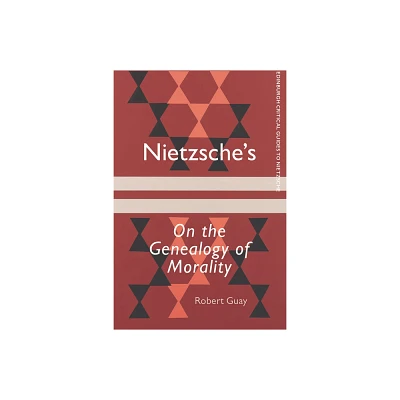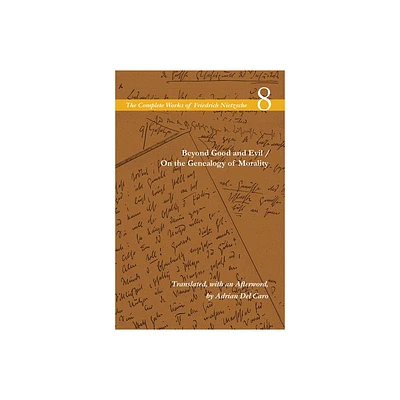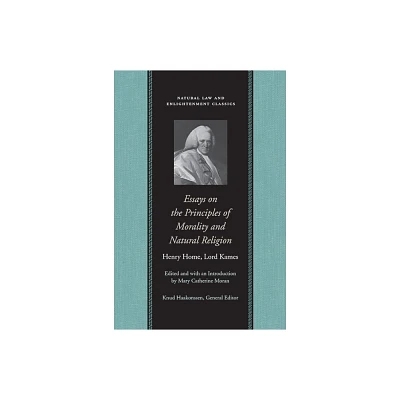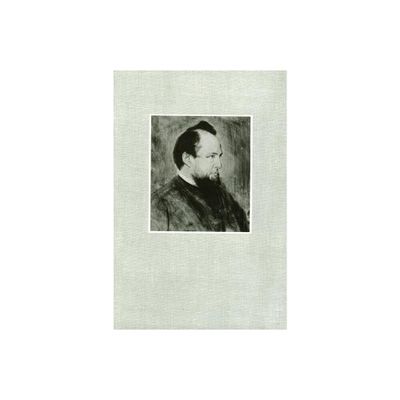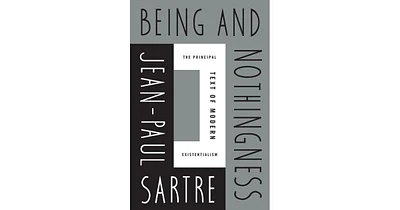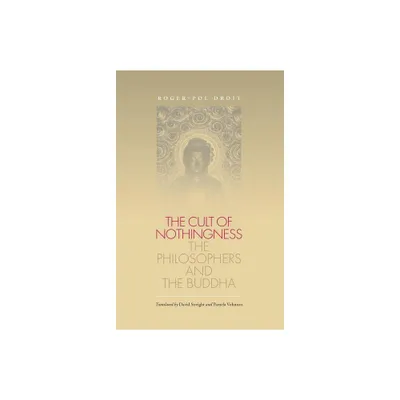Home
the Will to Nothingness: An Essay On Nietzsche's Genealogy of Morality
Loading Inventory...
Barnes and Noble
the Will to Nothingness: An Essay On Nietzsche's Genealogy of Morality
Current price: $97.00


Barnes and Noble
the Will to Nothingness: An Essay On Nietzsche's Genealogy of Morality
Current price: $97.00
Loading Inventory...
Size: Hardcover
*Product Information may vary - to confirm product availability, pricing, and additional information please contact Barnes and Noble
On the Genealogy of Morality
is Nietzsche's most influential book but it continues to puzzle, not least in its central claim: the invention of Christian morality is an act of
revenge
, and it is as such that it should arouse critical suspicion. In
The Will to Nothingness
, Bernard Reginster makes a fresh attempt at understanding this claim and its significance, inspired by Nietzsche's claim that moralities are 'signs' or 'symptoms' of the affective states of moral agents. The relation between morality and affects is envisioned as functional, rather than expressive: the genealogy of Christian morality aims to reveal how it is well suited to serve certain emotional needs.
One particular emotional need, manifested in the affect of
ressentiment
, plays a prominent role in the analysis of Christian morality. This is the need to have the world reflect one's will, which is rooted in a special drive toward power, or toward bending the world to one's will. Revenge is plausibly understood as aiming to bolster or restore power, and the invention of new values is a particular way to do so: by altering the agent's will (her values), it alters what counts as power for her. By revealing how it is well suited to play such a functional role in the emotional economy of moral agents, the genealogical inquiries arouse critical suspicion toward Christian morality. The use of this moral outlook as an instrument of revenge is problematic not because it is immoral, but because it is functionally self-undermining.

